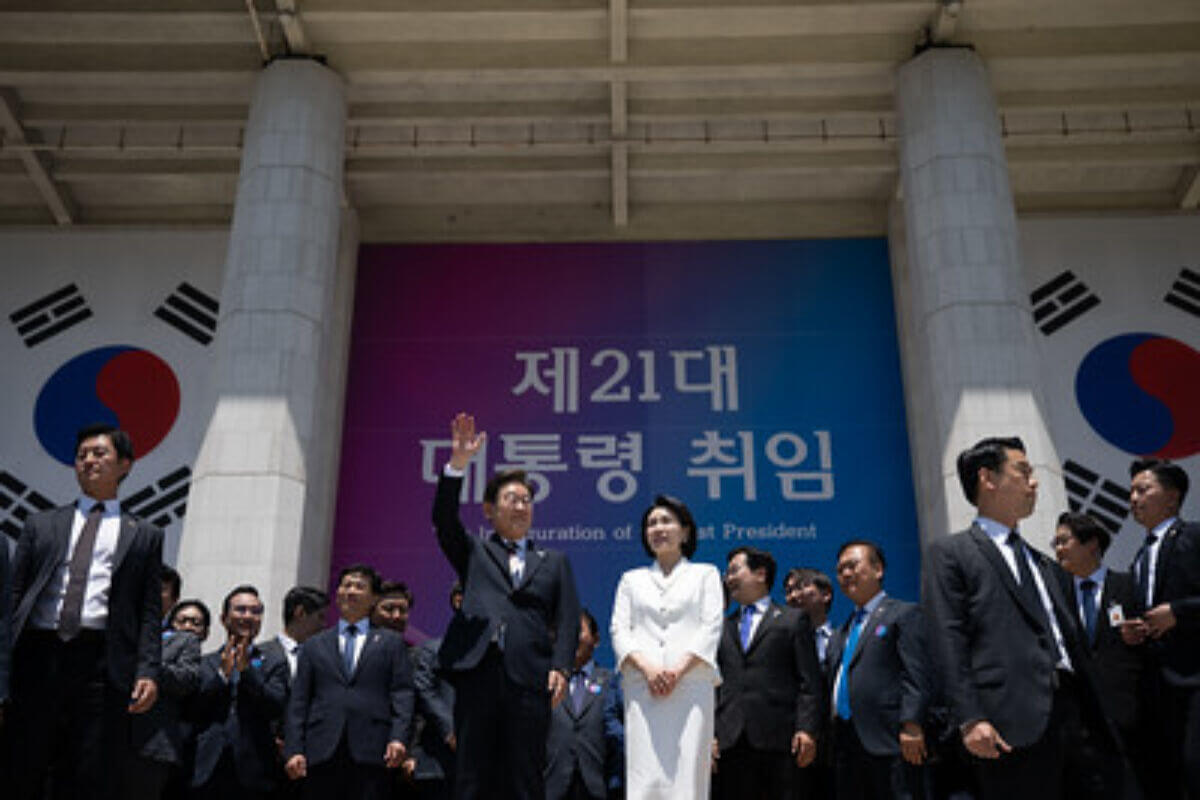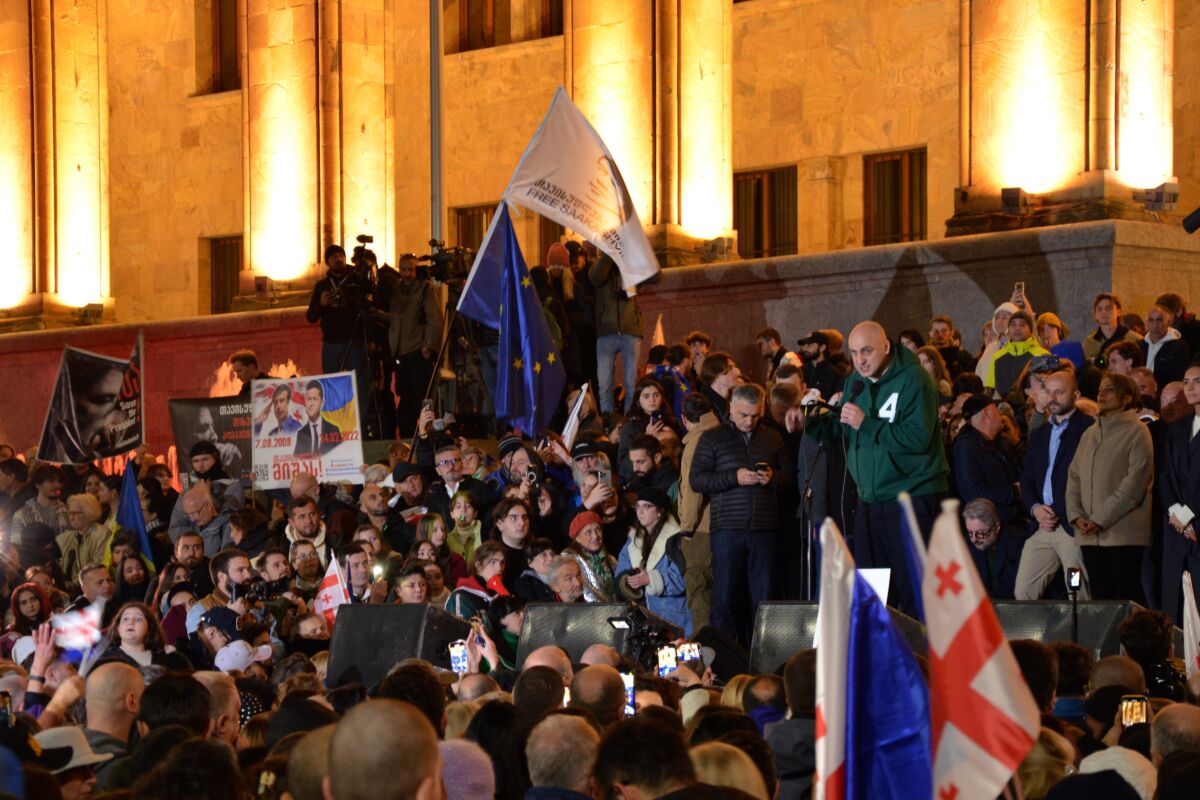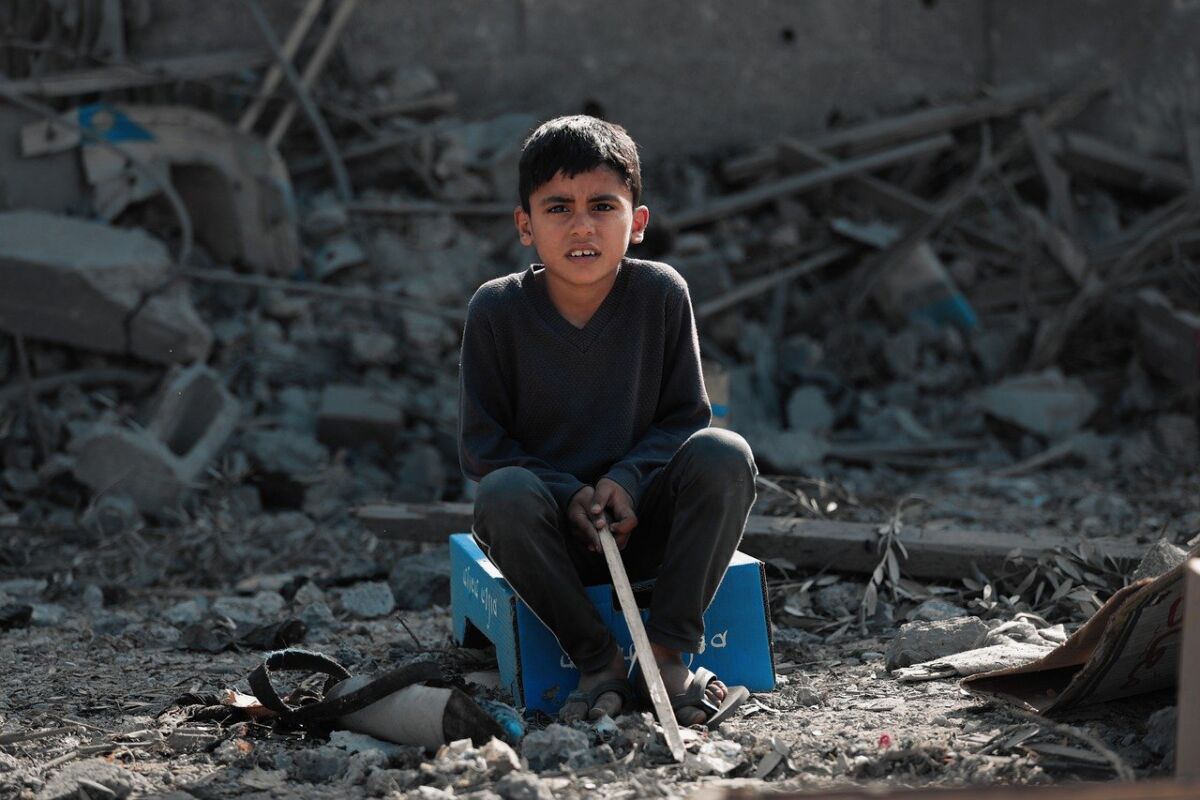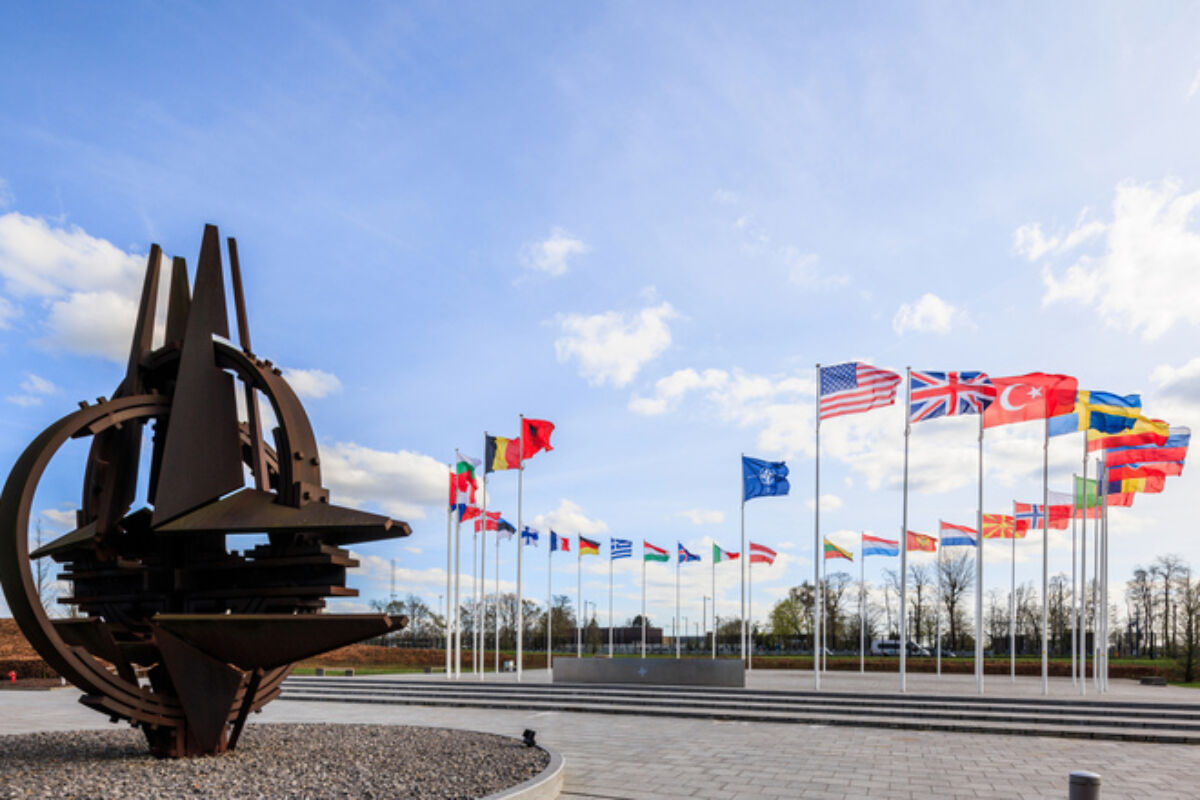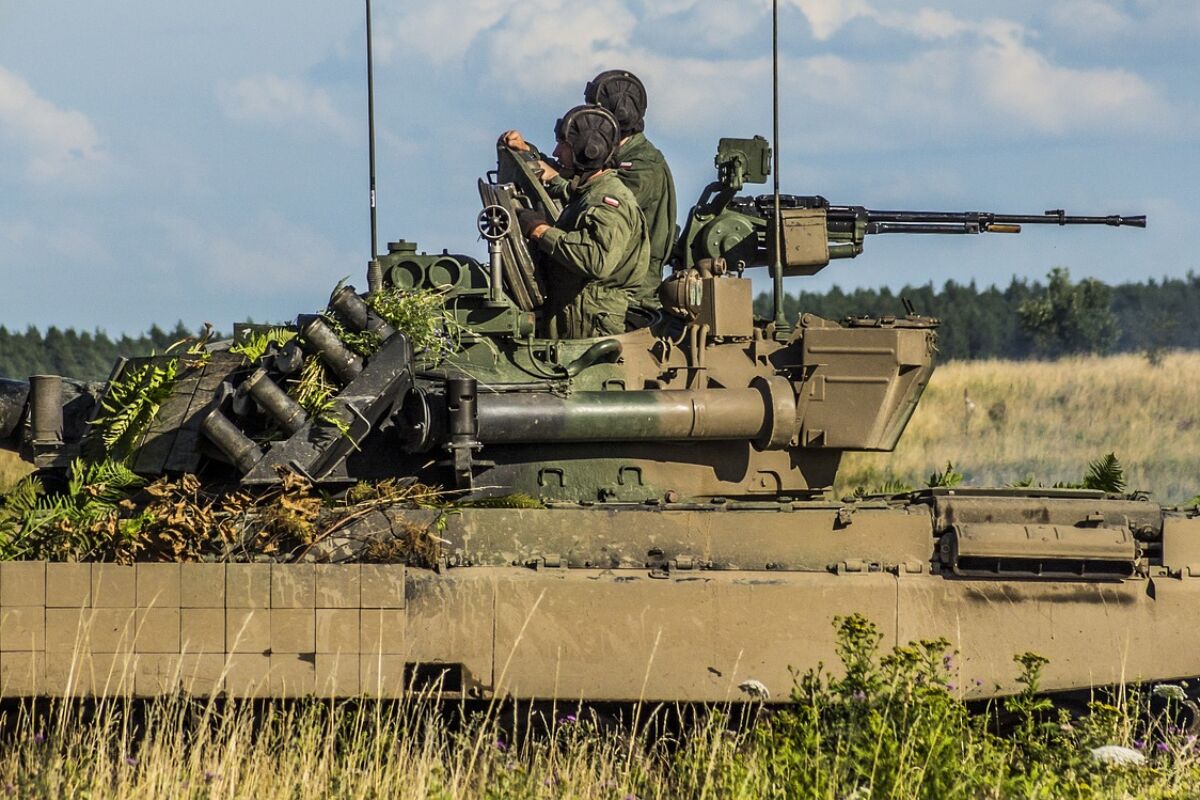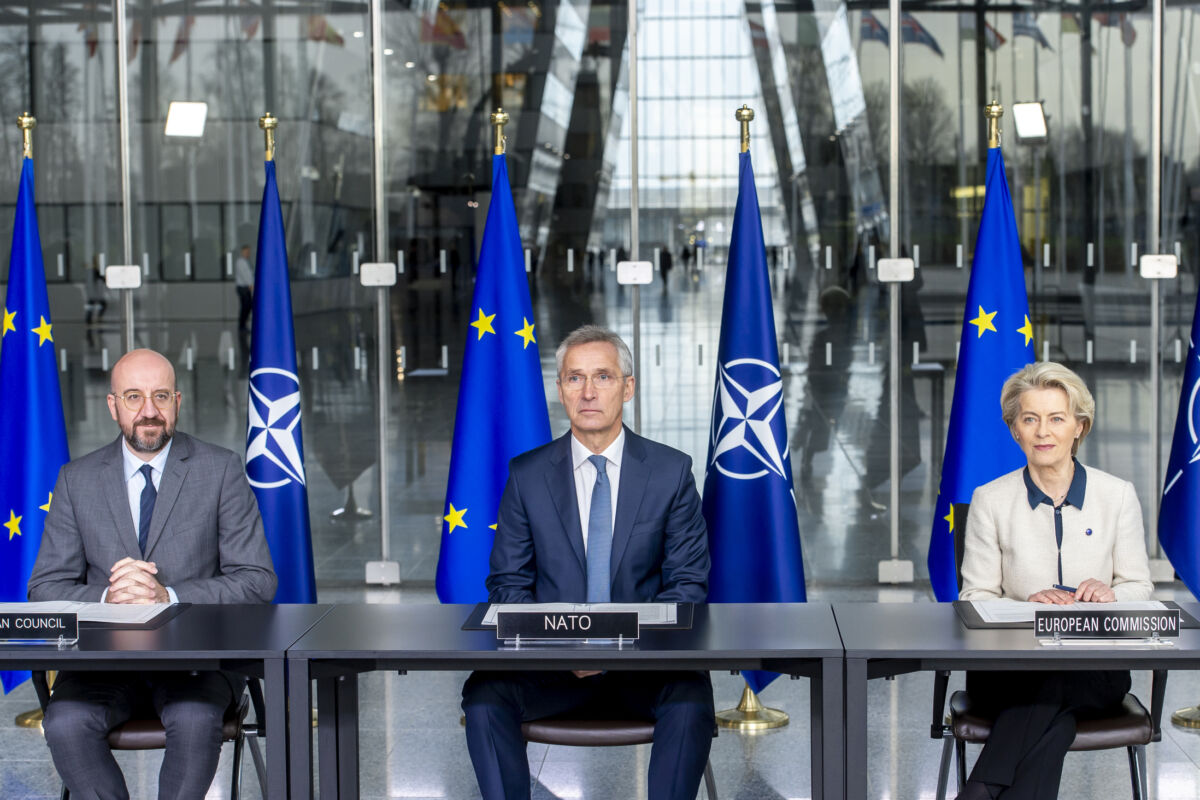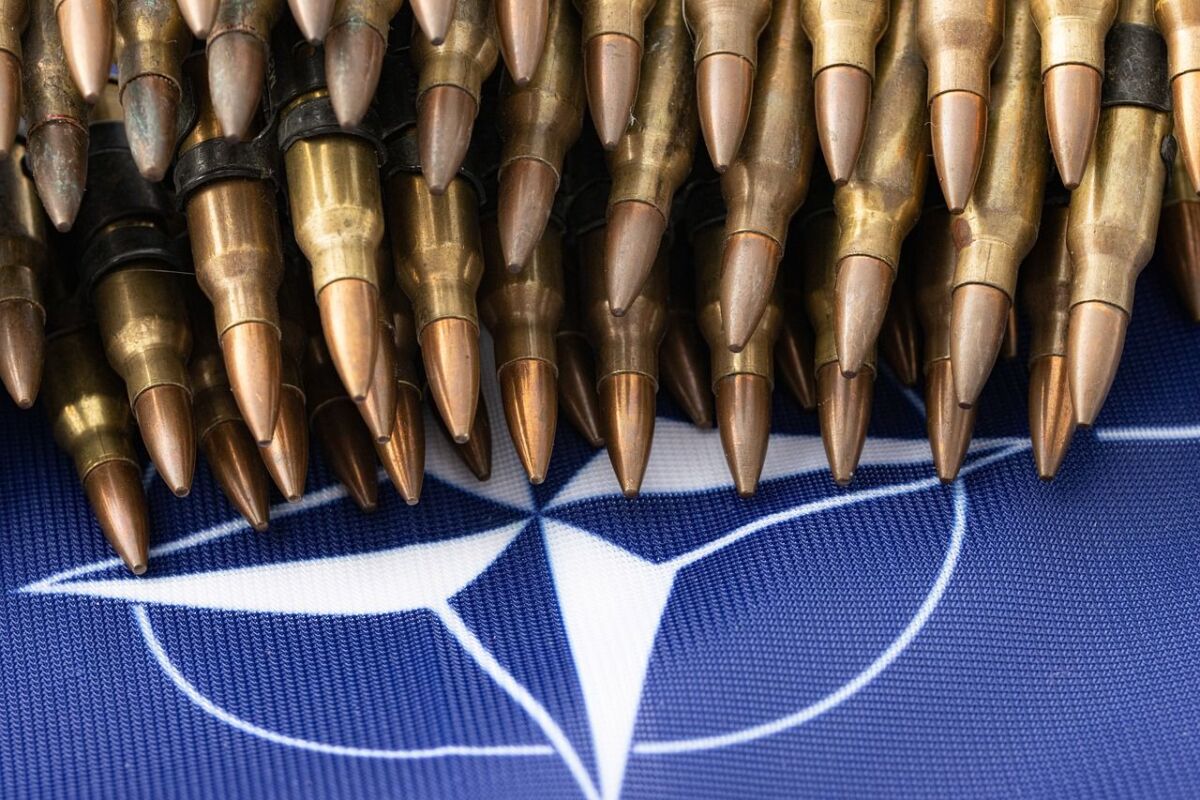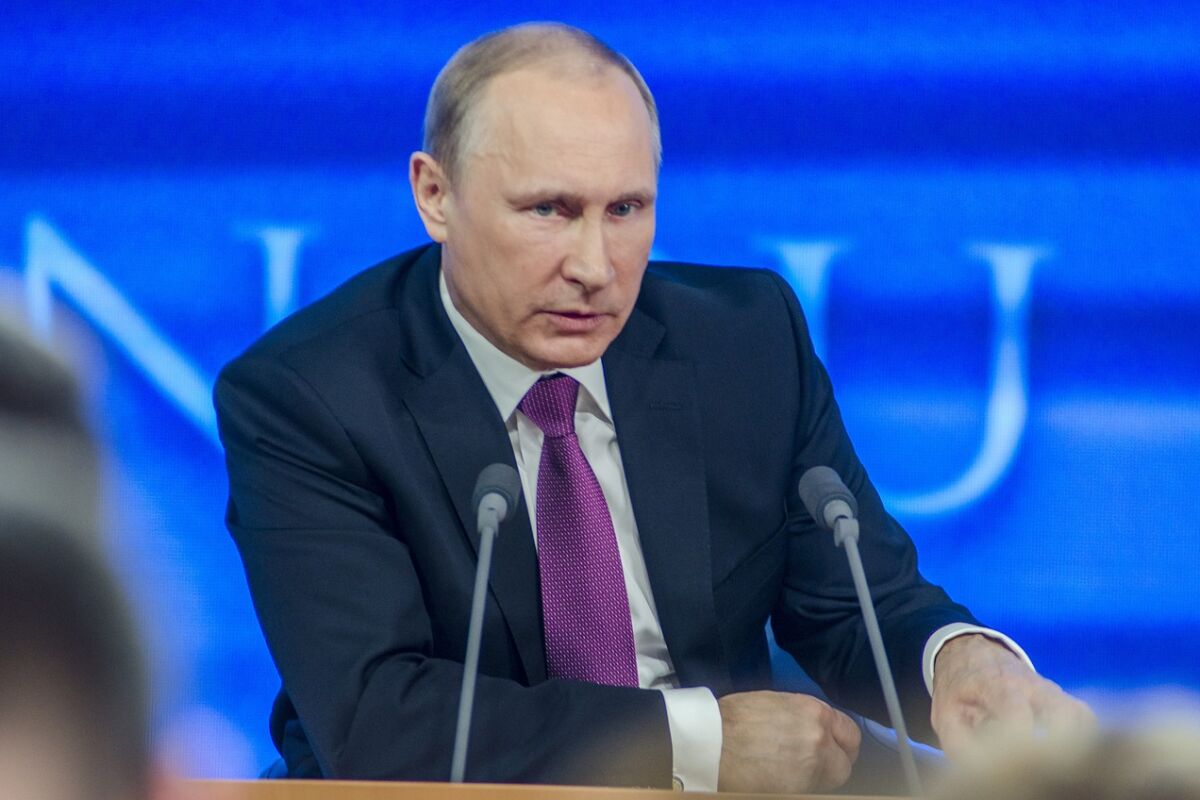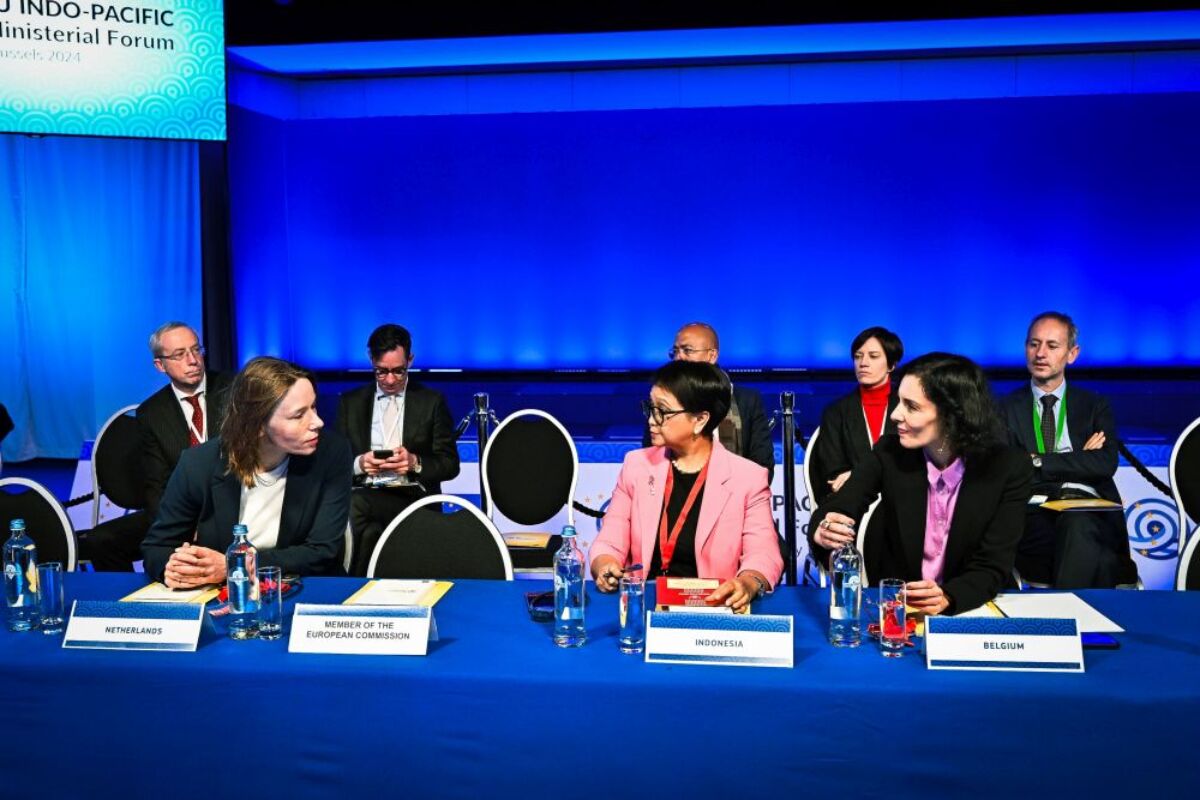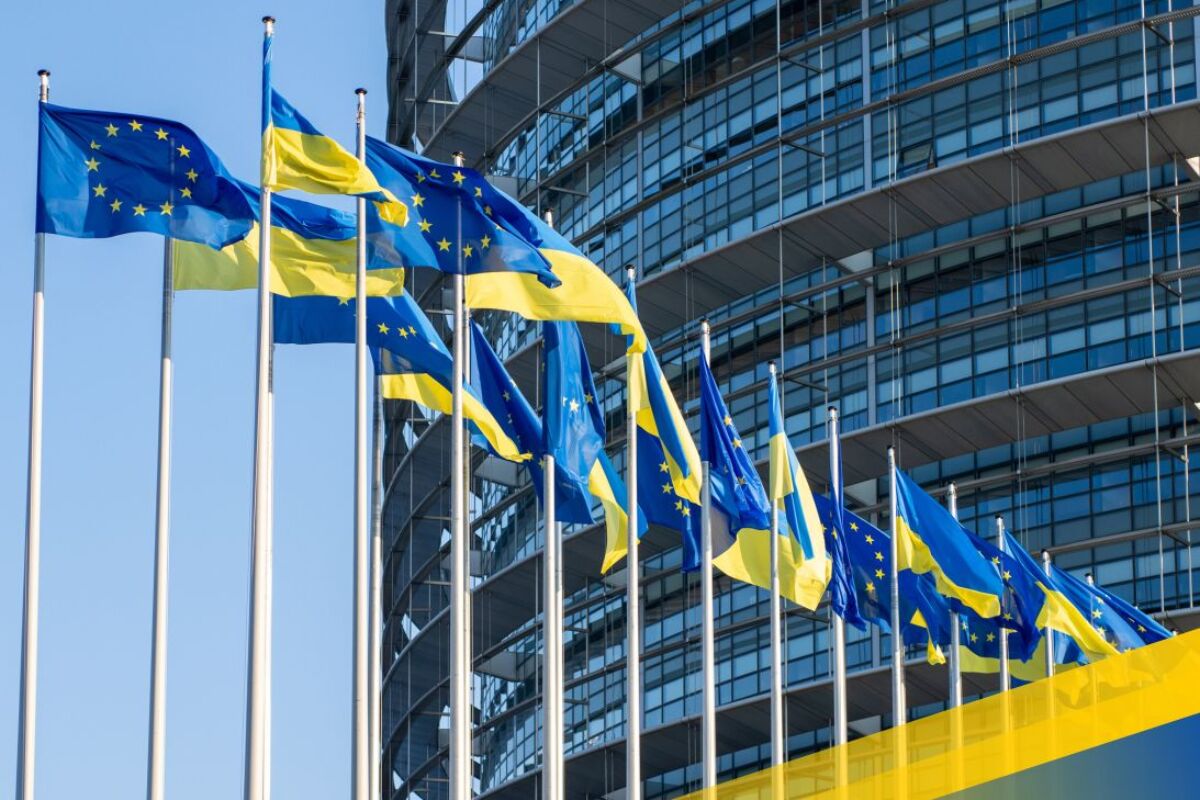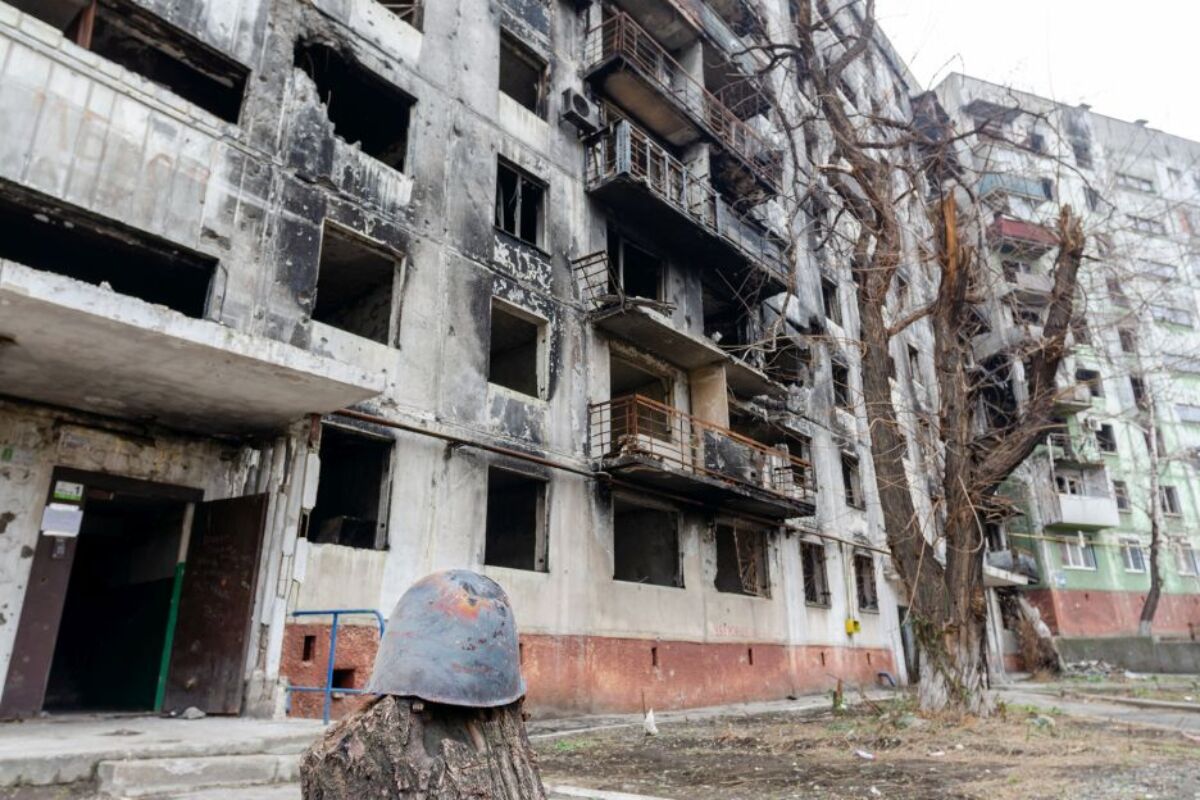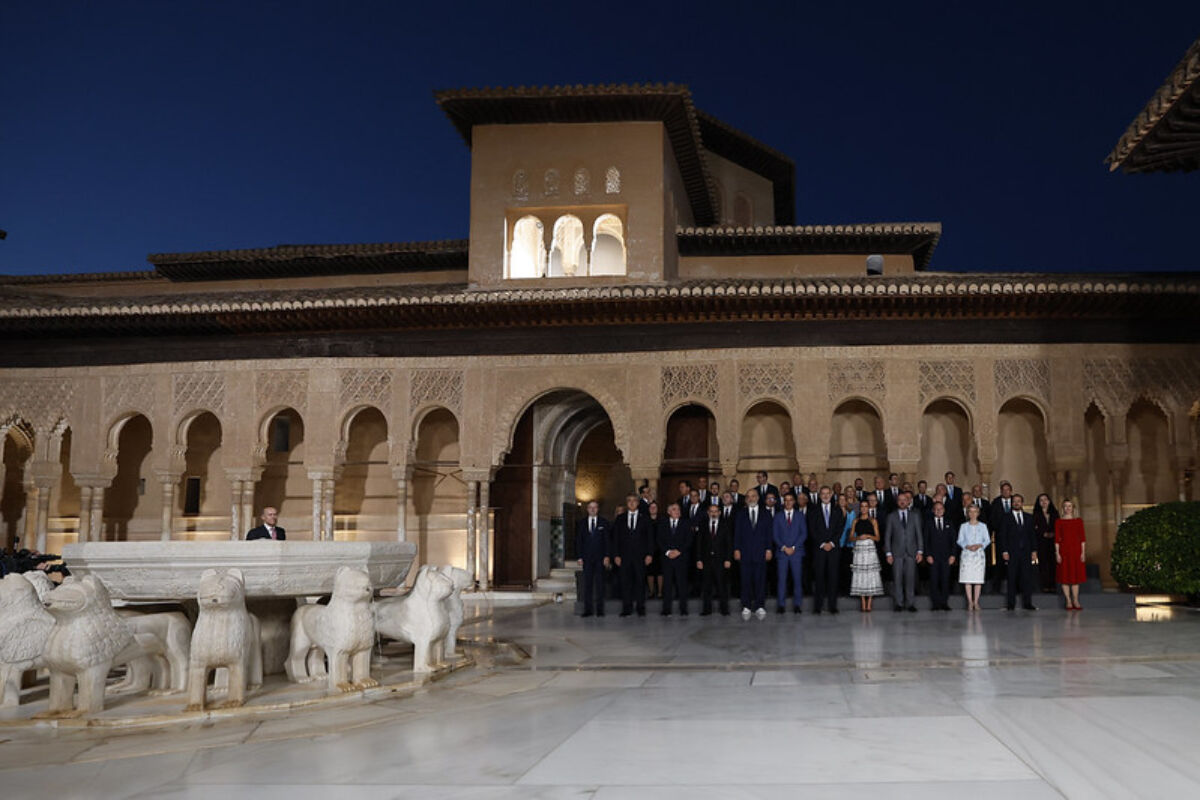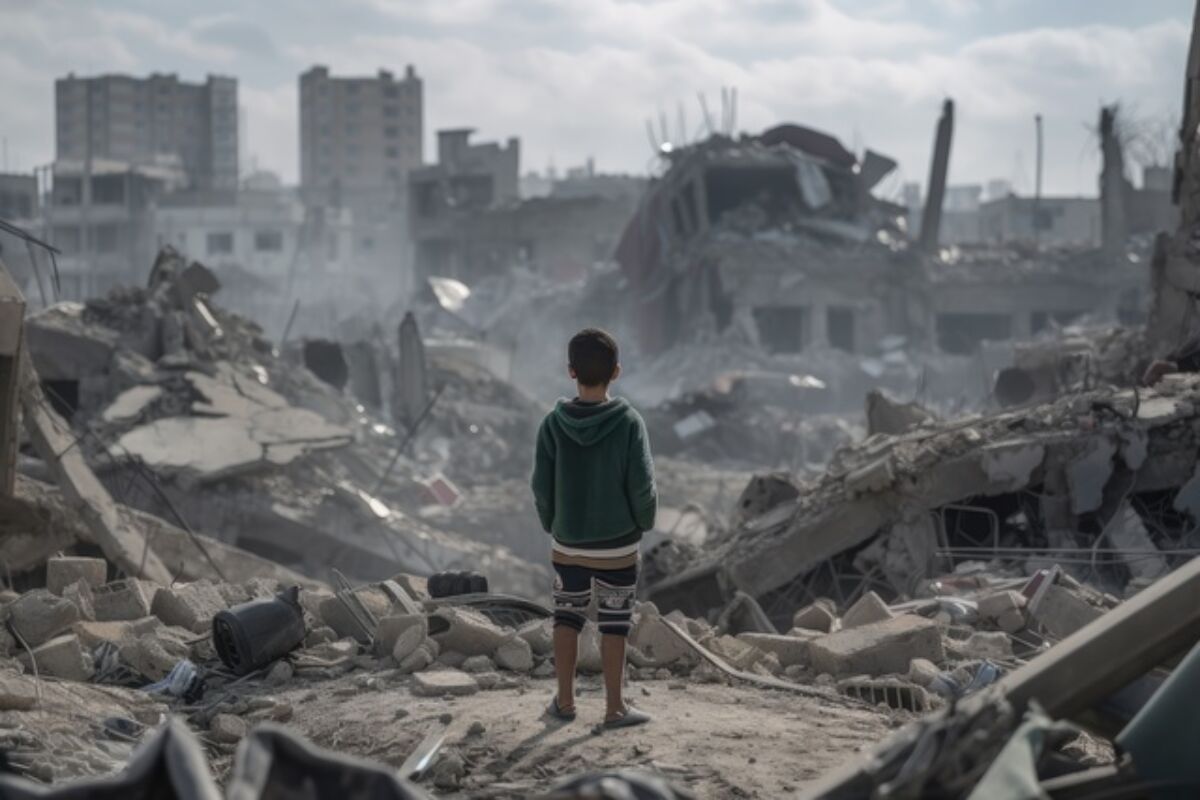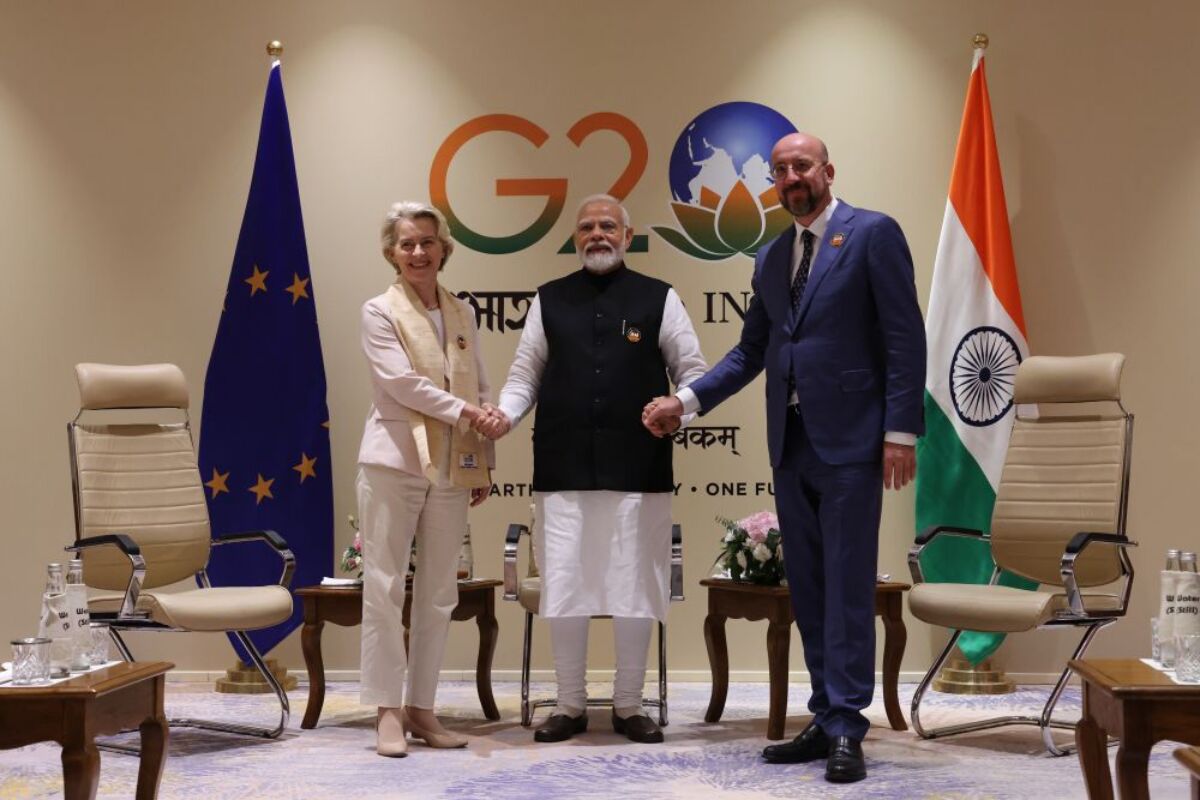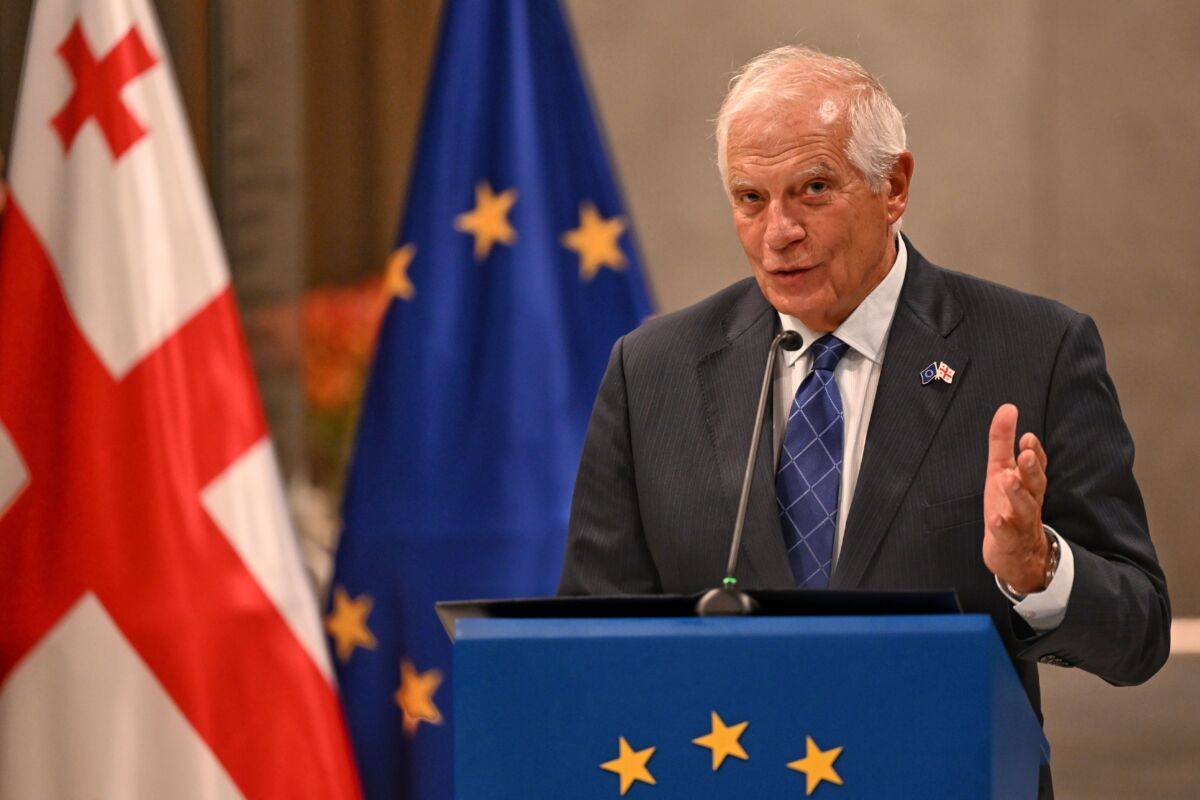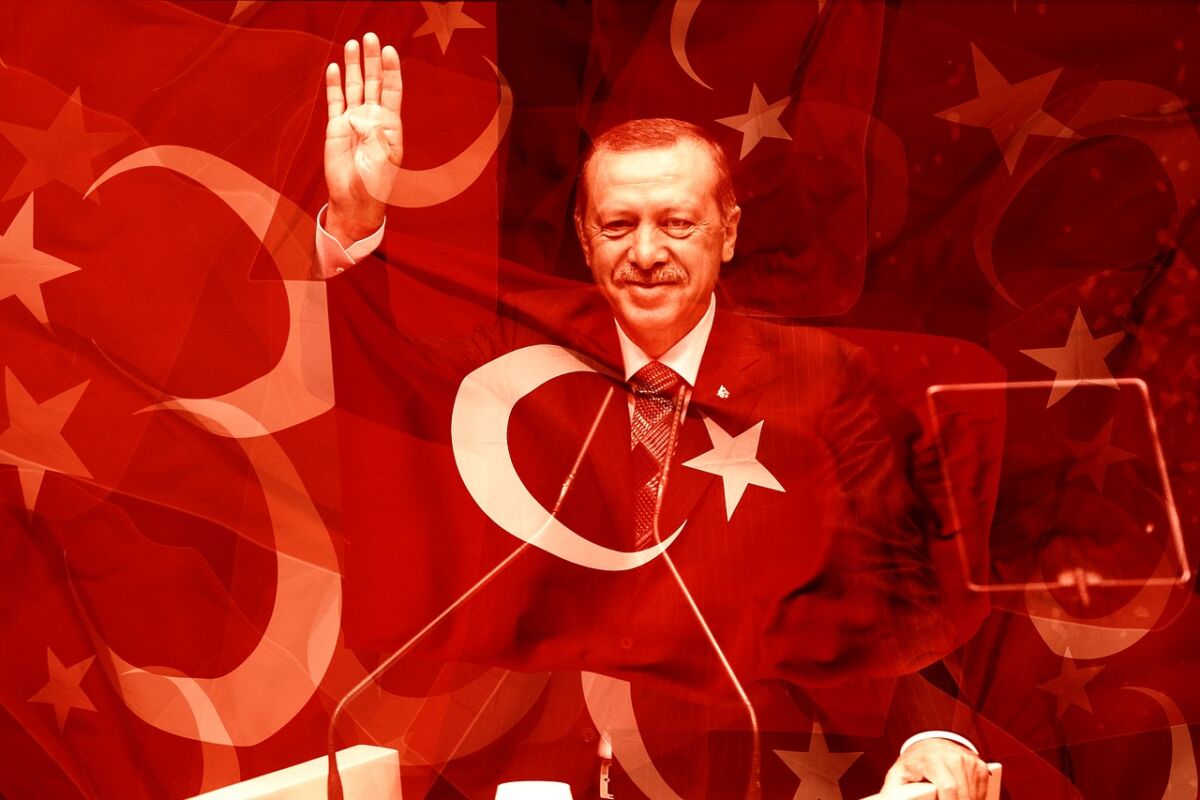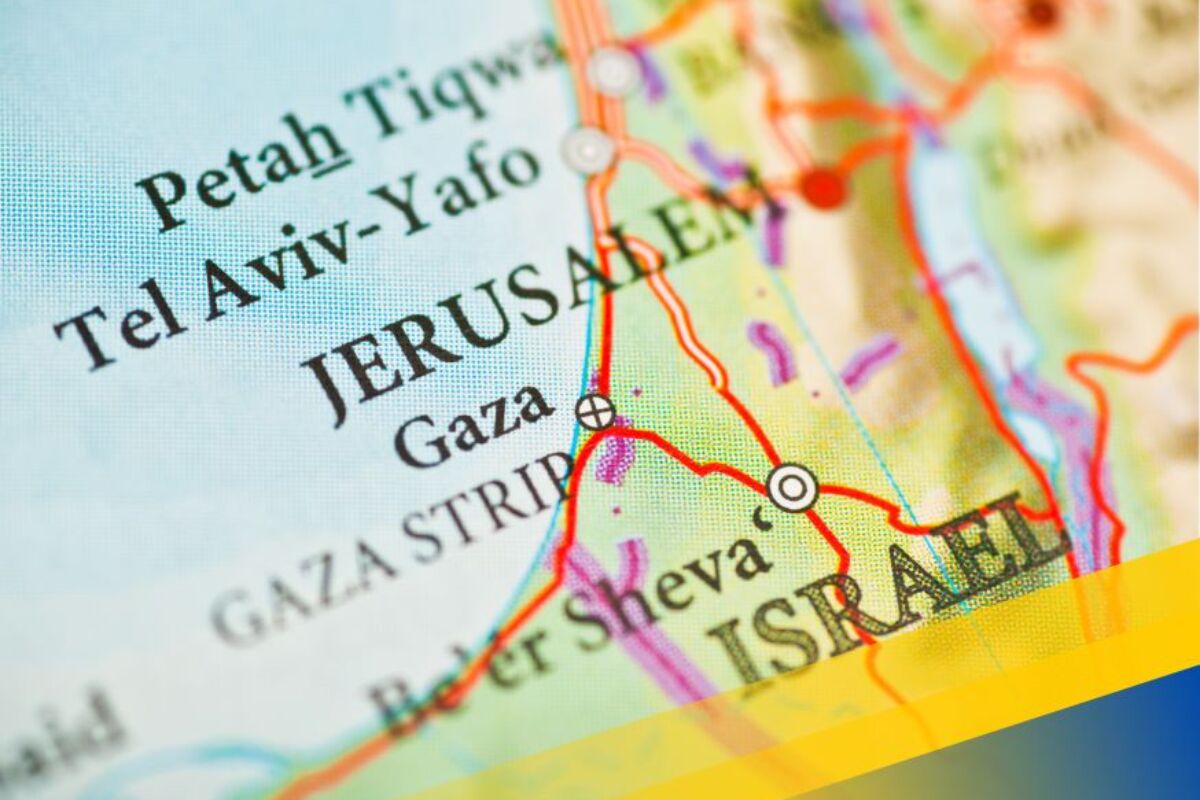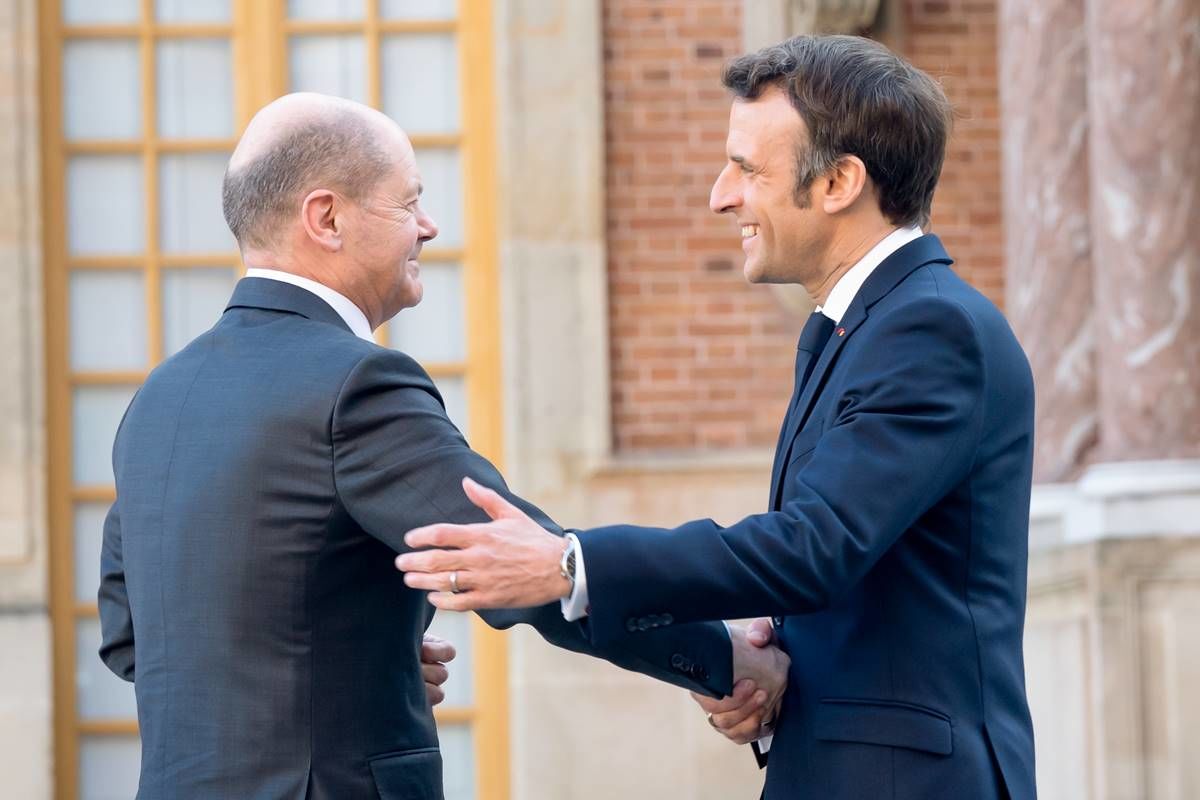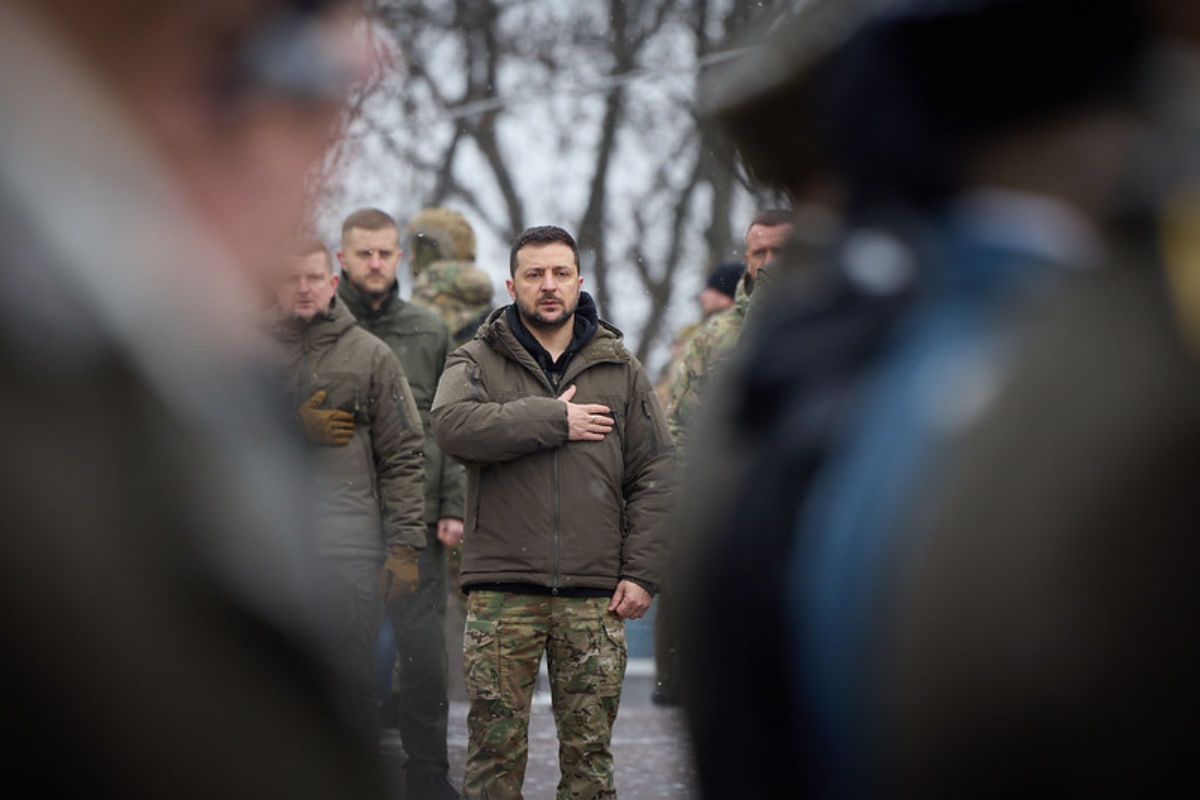The European Council’s failure to agree on enlargement conclusions on 17 December 2020 will surely slow Western Balkan progress towards EU membership. One key policy domain is often ignored when speaking of enlargement, however. The Western Balkans’ security and defence architecture stands to lose from EU inertia. Elements of the Western Balkans’ efforts to converge with other European countries on security and defence writ large include Organization for Security and Co-operation in Europe (OSCE) membership and the implementation of OSCE recommendations on the ground (cooperative security). Furthermore, Western Balkan states (other than Serbia) have sought and, in some cases, obtained (other than Bosnia and Herzegovina and Kosovo, owing to their status difficulties) NATO membership in a collective defence/common security lens.
First and foremost, pre-accession Western Balkan states must commit to the entire acquis communautaire and fully meet its conditions to benefit from EU membership. But the EU, an organisation of states seeking greater collective security, can provide renewed impetus to enlargement by playing a greater role in the Western Balkans’ security and defence, and would benefit from increased regional stability. This engagement must revolve around the three pillars of the nascent European Defence Union: industry through the European Defence Fund, capabilities and planning through Permanent Structured Cooperation (PESCO), the Coordinated Annual Review on Defence (CARD) and the European Defence Agency (EDA), and on-the-ground operations through Common Security and Defence Policy (CSDP) missions as well as the EU battlegroups (EUBGs).
State of Western Balkan security
Since the dissolution of Yugoslavia, the Western Balkan states have made genuine efforts to reintegrate into the international community. This has included almost full membership (with the exception of Kosovo) in the OSCE, which maintains an on-the-ground presence in the entire region. In acknowledging that politico-military, economic and human dimensions of security are interdependent, the OSCE’s comprehensive activities contribute to increasing cooperative security in the Western Balkans. The focus as of late has been on the rule of law, fair and free elections, corruption, minority rights and protection as well as the proliferation of small arms and light weapons. Illustrative of progress has been Albania’s 2020 OSCE chairmanship and North Macedonia’s forthcoming chairmanship in 2023.
Three Western Balkan states have also become full members of NATO to take advantage of its mutual defence guarantee. They have demonstrated significant commitment to NATO’s cause by contributing to its operations both by hosting NATO bases (in Albania to strengthen NATO’s deployability in the Mediterranean and Black Sea) and by committing troops to NATO missions i.e. Albania, Montenegro, and North Macedonia’s contributions in Afghanistan. Kosovo also currently hosts a NATO mission, the Kosovo Force (KFOR), tasked with building the legal foundations and capacities of the Kosovo Security Force and supported by North Macedonia and Montenegro. Bosnia and Herzegovina’s full membership, however, is blocked by the Republika Srpska and NATO’s poor reputation in Serbia – perpetuated by Serbian nationalist leaders – which prevents any progress towards membership despite engaging in joint military exercises with NATO. Another obstacle to NATO expansion in the Western Balkans is Kosovo’s unresolved status. Regardless, EU member states have been supportive of efforts to join NATO, seeing them as a way to discourage Russian political interference in Europe.
Source: author’s formulation based on Council CSDP Decisions and the EUISS’ Yearbooks on European Security and first 10-year review of CSDP.
In order to make progress on enlargement, Western Balkan states have attempted, where they can since the 2003 Thessaloniki declaration, to plug into security and defence. Beyond EU member states’ approximately €2.5 billion commitment to CSDP missions and operations in the Western Balkans as seen in Figure 1 (funded through the EU budget and the Athena Mechanism), Albania and North Macedonia have also contributed personnel to EUFOR Althea. Serbia has participated in EUNAVFOR Atalanta and EUTM Somalia, as well as EUTM Mali alongside Montenegro and EUTM RCA with Albania and North Macedonia.
Furthermore, Serbia has just concluded its first six-month rotation within the EUBGs. North Macedonia and Albania are pencilled in to do theirs in 2023 and 2024 respectively. Serbia has also concluded a European Council-approved administrative arrangement with the EDA in order to take part in its capability development projects (see Figure 2 below). Lastly, Western Balkans NATO members are all engaged in enhancing EU-NATO cooperation and have endorsed 74 concrete actions to do so within the NATO Council.
Source: author’s formulation.
Geographically completing the European Defence Union
From this overview it is clear that there are still gaps in the Western Balkans security and defence puzzle. First and foremost, Kosovo’s undefined legal status is a major obstacle to its participation in the European Defence Union framework, comprising an industrial, capabilities/planning and operational pillar. Secondly, Serbia’s professed ‘neutrality’ but actual observer status within the Russian-led Collective Security Treaty Organization (which is something of a misnomer), combined with the fact that 48% of Serbs prefer increased defence cooperation with Russia to counter Kosovar partition, runs counter to NATO’s objective of expansion – and therefore improved collective defence – in the Western Balkans.
Regarding the OSCE’s activities in the Western Balkans, the Commission’s annual enlargement reports underline that progress is slow on policy recommendation implementation. The EU has a role to play here, as many of the OSCE’s objectives coincide with reforms that are necessary for enlargement. In this case, enhanced cooperation between the EU and the OSCE through an integrated approach lens can boost policy convergence contributing to politico-military, economic and human security tout court. While the OSCE has more expertise in the region, the EU could provide additional financial and human resources to help avoid reform fatigue in the Western Balkans.
Where the Western Balkan security and defence architecture can be most significantly improved, however, is in the realm of EU integration. To this end, EU member states must consider extending the benefits of the European Defence Union to the Western Balkans. Regardless of progress (or not) in other domains such as justice and home affairs, the sui generis nature of security and defence policy affords member states the chance to encourage pre-accession convergence in this field.
Invitations to participate in CSDP missions and the EUBGs no longer suffice, though they must continue. The next step could be extending the offer to participate in the nascent European Defence Union. This should include extending third-country participant status to Albania, Montenegro and North Macedonia, in primis, within PESCO and the European Defence Fund. New rules on third-country participation in both will certainly facilitate their integration within the European Defence Technological and Industrial Base before accession is complete, as well as improve the capabilities of participating states with a view towards improving on-the-ground operations within CSDP and NATO.
At the same time, the EU should encourage all Western Balkan states to engage in annual defence planning in line with CARD. Learning best practices before accession is complete will certainly enable the Western Balkans to integrate more seamlessly. Furthermore, the EDA should consider proposing and concluding Administrative Arrangements – allowing for participation in EDA projects and programmes – with the remaining Western Balkan countries. These initiatives would certainly improve convergence in terms of strategic culture and policies and increase industrial interdependence and joint procurement.
The cherry on the cake – EU membership – would provide the Western Balkans with the opportunity to engage in the (still) unanimity-based security and defence decision-making process, to automatically contribute to CSDP missions if interested, and to invoke the mutual defence (Art. 42(7) TEU) and solidarity (Art. 222 TFEU) clauses if necessary.
These proposals require both the buy-in of EU member states and a sense of co-ownership in the Western Balkans. But the potential of increased security and defence convergence with the rest of Europe is significant and would certainly contribute to lasting peace in the region.





